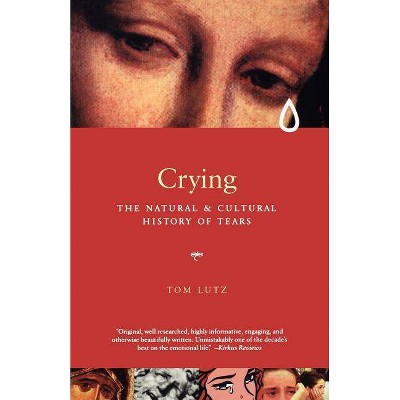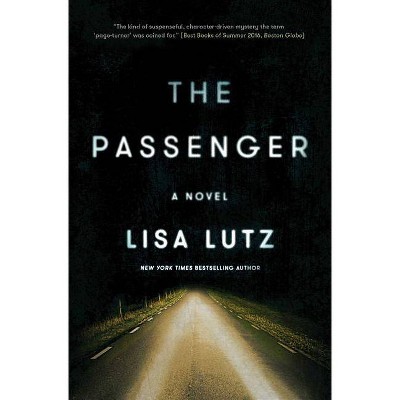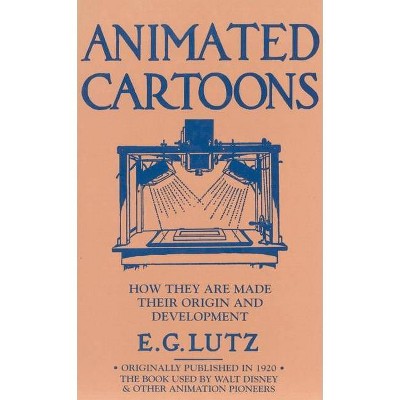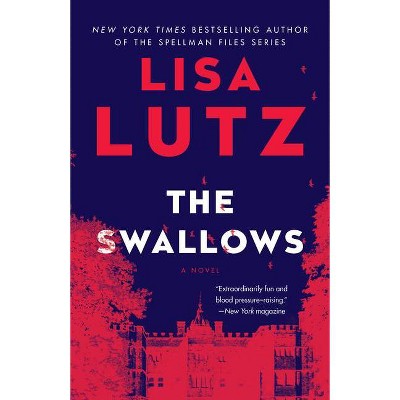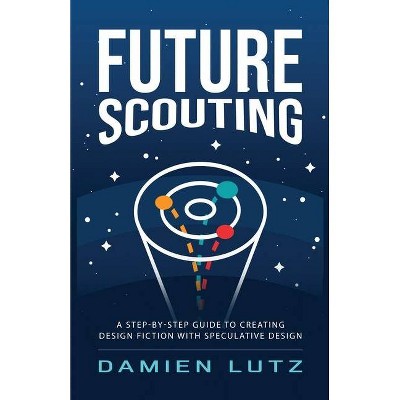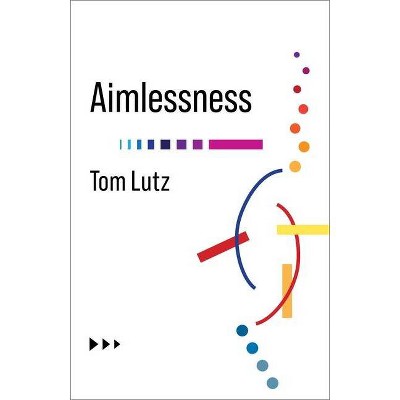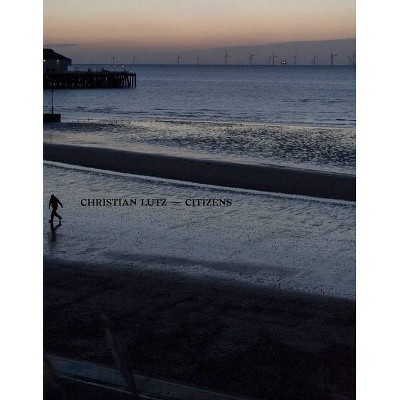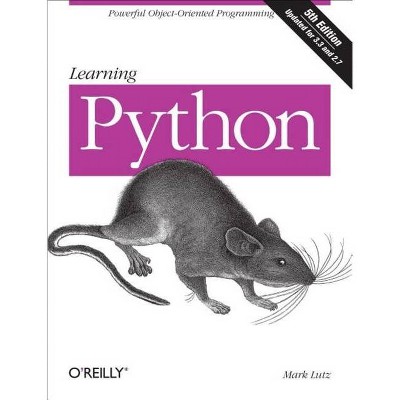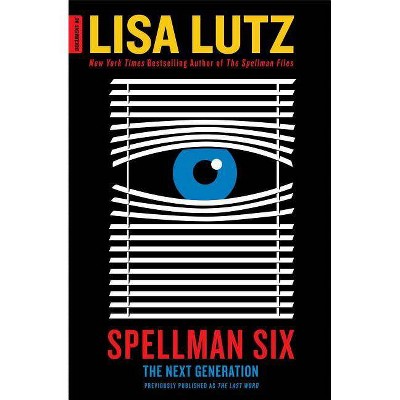Kruso - by Lutz Seiler (Paperback)
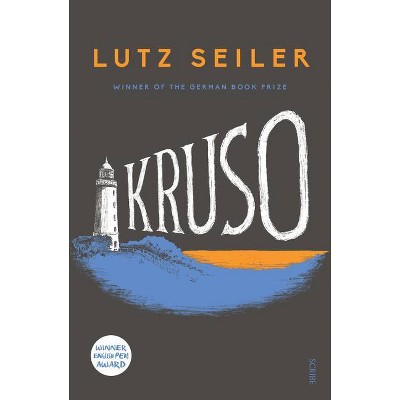
Similar Products
Products of same category from the store
AllProduct info
<p/><br></br><p><b> About the Book </b></p></br></br><p><b>As the Iron Curtain starts to fray, a young man falls under the spell of a charismatic outsider</b></p><p/><br></br><p><b> Book Synopsis </b></p></br></br><p><b>As the Iron Curtain starts to fray, a young man falls under the spell of a charismatic outsider</b></p> <p><b>The lyrical, bestselling German Book Prize winner.</b></p> <p>It is 1989, and a young literature student named Ed, fleeing unspeakable tragedy, travels to the Baltic island of Hiddensee. Long shrouded in myth, the island is a notorious destination for hippies, idealists, and those at odds with the East German state.</p> <p>On the island, Ed stumbles upon the Klausner, Hiddensee's most popular restaurant, and ends up washing dishes there, despite his lack of papers. Although he is keen to remain on the sidelines, Ed feels drawn towards the charismatic Kruso, unofficial leader of the seasonal workers.</p> <p>Everyone dances to Kruso's tune. He is on a mission -- but to what end, and at what cost? Ed finds himself drawn ever deeper into the island's rituals, and ever more in need of Kruso's acceptance and affection. As the wave of history washes over the German Democratic Republic, the friends' grip on reality loosens and life on the island will never be the same.</p><p/><br></br><p><b> Review Quotes </b></p></br></br><br><p>"If communism's final moments are an island of time, <i>Kruso</i> is a bottled message washed up from those distant shores. A strange journey, Seiler's novel subscribes to island rules, with historicity suspended above and between fevered dreams of perfect community and beguiling freedom." <br />--<b>Letitia Montgomery-Rodgers, <i>Foreword Reviews</i></b></p> <p>"An outstanding debut novel...Beautifully phrased and paced, Tess Lewis's translation delights on every page as she conveys "the contagious sense of liberation" that blows through Mr Seiler's mesmeric novel." <br />--<b><i>The Economist</i></b></p> <p>"[A]n exciting, expansive work of German literature; it may well prove one of the major novels of the 21st century." <br />--<b>Eileen Battersby, <i>The Irish Times</i></b></p> <p>"A seamless English translation by Tess Lewis...Readers might doubt whether <i>Robinson Crusoe</i> can work in a German setting--they might even feel affronted that it's been attempted--but Seiler's novel springs from his own experience in a way that underlines the universality of the tale." <br />--<b><i>Newsweek</i></b></p> <p>"An enigmatic Bildungsroman, adapting the literary trope of the island refuge to the dying days of East German socialism...English readers can delight in this prizewinning translation from Tess Lewis, which renders Seiler's vision in prose of startling clarity." <br />--<b><i>The Saturday Age</i></b></p> <p>"<i>Kruso</i> [is] the first worthy successor to Thomas Mann's <i>Magic Mountain</i> to appear in contemporary German literature." <br />--<b><i>Der Spiegel</i></b></p> <p>"This novel set in the historic summer of 1989 is a lighthouse, not an ivory tower." <br />--<b><i>Süddeutsche Zeitung</i></b></p> <p>"Seiler's novel <i>Kruso</i> shows what German literature can accomplish when it's fully worked." <br />--<b><i>Welt am Sonntag</i></b></p> <p>"That rare treasure--a great novel." <br />--<b><i>Potsdamer Neueste Nachrichten</i></b></p> <p>"A multi-layered philosophical novel that poses a major question to us and to our time: How is freedom possible?" <br />--<b><i>Die Zeit</i></b></p> <p>"Lutz Seiler's writings trace their roots to Uwe Johnson's poetry and reflect the German past, present and future beyond the surface of "simple truths"...In <i>Kruso</i>, Lutz Seiler visualises the hopes and constraints of a whole country by means of one singular place, Hiddensee, during one short period of time, June to November 1989." <br />--<b>from the statement of the Uwe-Johnson-Prize 2014 jury</b></p> <p>"Seiler delivers a debut novel with which he manages to catapult himself into the front rank of this country's authors." <br /><b><i>Die Zeit</i></b></p> <p>"A special book that will endure." <br />--<b><i>Frankfurter Rundschau</i></b></p> <p>"A sublime book that is far more than just the novel of the year." <br />--<b><i>Deutschlandradio Kultur</i></b></p> <p>"This novel has historical-philosophical dimensions: it is a significant contemplation on different forms of freedom as well as a wonderfully poetic exaltation of a concrete historical event--a truly great book." <br />--<b><i>3sat Kulturzeit</i></b></p> <p>"Seiler's novel is lyrical and powerful in its eloquence. Already he is to be counted among the great contemporary German literary figures." <br />--<b><i>WDR 5</i></b></p> <p>"The poetic language and careful expression to the prose in <i>Kruso</i> make for an arresting read too, slightly odd and off-beat, but quite compelling. It's also a novel of big themes--freedom (personal and political), longing (in all its gradations), and mourning, in particular--and the narrative's general sense of drift, with these bobbling up constantly but never overwhelming the story, is particularly well done. A fine, big novel." <br />-<b>M.A. Orthofer, <i>The Complete Review</i></b></p> <p>"An important work...in its chronicling of the final days of communism in East Germany...Excellent translation." <br />--<b>Adrian Tahourdin, <i>Times Literary Supplement</i></b></p> <p>"Lutz Seiler, winner of the English PEN Award and German Book Prize, brings a tumultuous debut novel to an English-speaking audience. Set on a bohemian Baltic coastal island, this novel of a cult of personality during the last days of the Soviet occupation of the GDR grips readers just as Kruso's charisma grips our protagonist." <br />--<b><i>World Literature Today</i></b></p><br>
Price History
Price Archive shows prices from various stores, lets you see history and find the cheapest. There is no actual sale on the website. For all support, inquiry and suggestion messages communication@pricearchive.us
